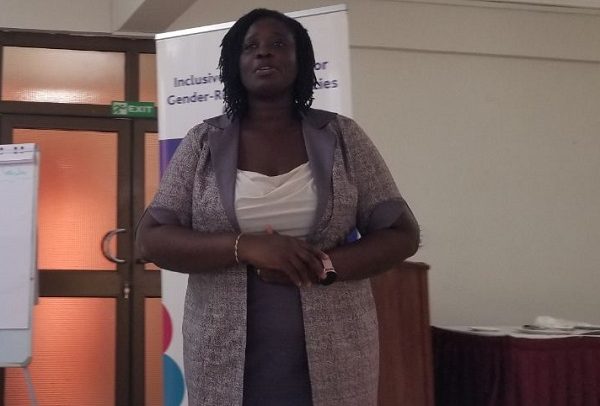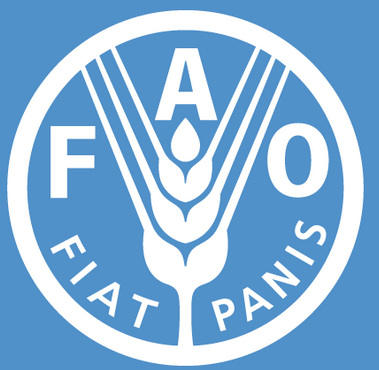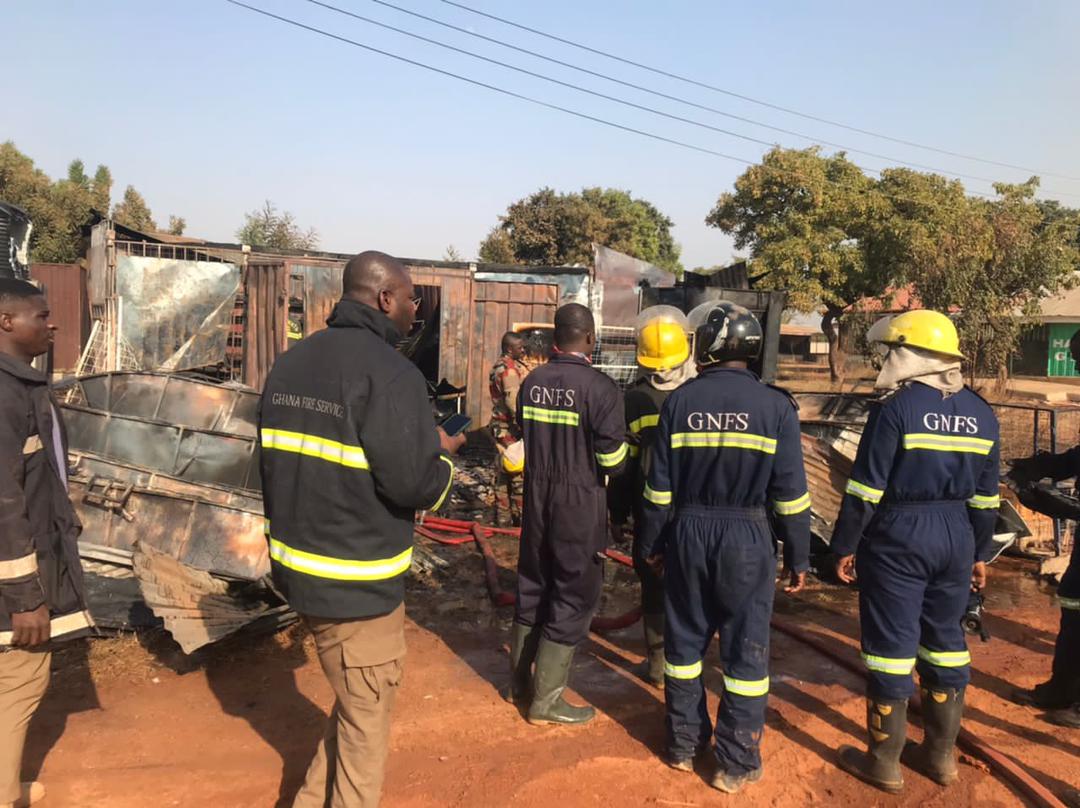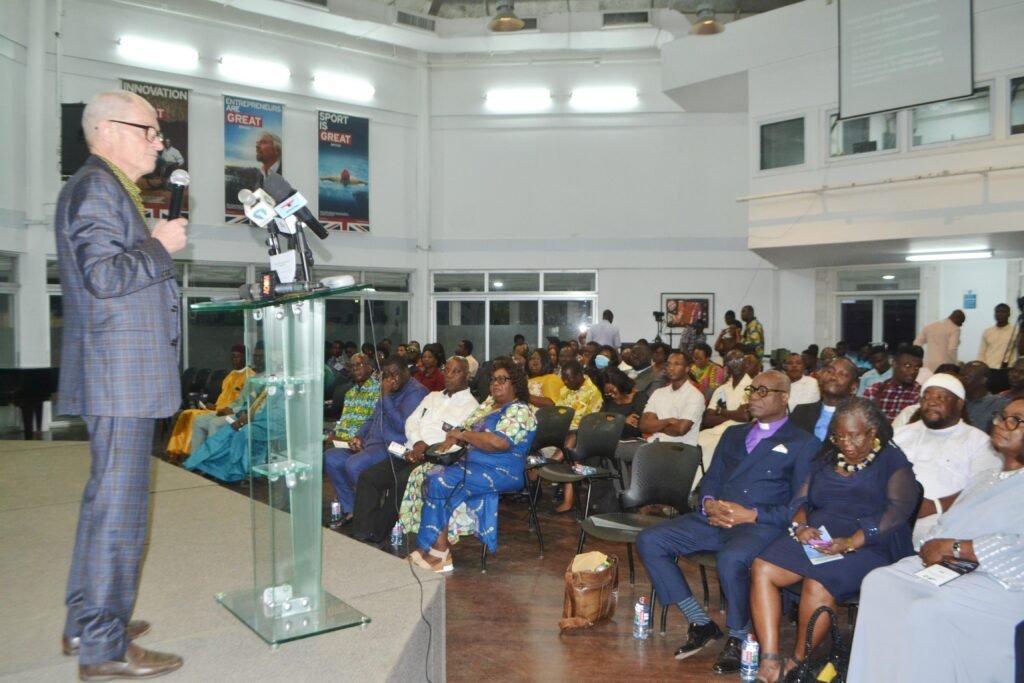
Information Officers from the northern sector of Ghana have undergone training in Sunyani in the Brong Ahafo Region as part of preparations toward the 2018 series of Town Hall Meetings across the country.
The training organized by the Ministry of Information brought together Regional, Metropolitan, Municipal and District Information Officers from the Upper East, Upper West, Brong Ahafo, Ashanti and Northern Regions while resource persons from the Ministry of Information, Ministry of Planning and Office of the Vice President took turns to take participants through the government flagship programmes and policies in various presentations.
Deputy Minister for Information in charge of operations, Mr Perry Okudzeto noted that the training programme was to build the capacity of the officers for them to be able to disseminate information on government policies and programmes on all sectors of the economy.
Mr Okudzeto said the training was also to equip them with the needed knowledge to engage the citizenry through Town Hall Meetings and charged them to live up to expectation.
He said that Town Hall Meetings offered government the opportunity to interact with the citizenry to render accounts on its stewardship and bring governance closer to the people, adding that feedback from the people on government's activities would be needed for policy redirection and action.
Deputy Minister for Information Mr Perry Okudzeto delivering his speech
Presenting an overview of the 2017 major government policies, Mr. Okudzeto enumerated the successes chalked by the ruling government during that period.
On education, he mentioned the implementation of the Free Senior High School (FSHS) programme and the restoration of nurses and teachers' training allowances as some of the success stories in education. "Government has increased the capitation grant to basic schools from GH?4.5 to GH?9.00" and released GH?14 million for the payment of arrears for teachers in terms of salary and transfer grants as part of efforts by government to improve the education sector of the country.
Under gender and social protection, he said government had established the first Adult Shelter and a Recovery Fund to support victims of human trafficking while the Livelihood Empowerment Against Poverty (LEAP) programme had been expanded to cover more beneficiaries from 213, 000 in 2016 to 456, 0000 in 2018.
Other policies, the Deputy Minister cited, included the roll out of a National ID and reduction of electricity tariffs, adding that a special audit conducted by the Auditor-General had saved the country an amount of Gh?5.4bn. "This is as a result of prudent management of the economy and soon people will feel it in their pockets", he said.
The Technical Economic Advisor to the Vice President, Dr Gideon Boako, updated participants on the Government's flagship programmes such as Free SHS and the benefits of the National ID and the election of Metropolitan, Municipal and District Chief Executives, among others.
Dr Boako spoke extensively on the Nation Builders Corps (NABCO) which, according to him, sought to tackle graduate unemployment in the country.
He explained that NABCO was a social commitment to the government's job creation agenda and an initiative focusing on public-private service delivery which would provide jobs to 100,000 graduates.
"There would be modules such as education, health, revenue, enterprise, civic and digitization to cater for graduates with any academic qualifications", he said, and explained that beneficiaries would be engaged for a period of three years with an exit plan to incorporate them into the mainstream job market.
He said the difference between the NABCO and Youth Employment Agency (YEA) was that NABCO would cater for graduates whereas YEA would take care of the non-graduates.
Dr Kodjo Mensah-Abrampa from the Ministry of Planning took participants through the Co-ordinated Programme of Economic and Social Development Policy document of the President, titled: An Agenda for Jobs: Creating Prosperity and Equal Opportunity for All.
Dr Mensahi-Abrampa outlined the president's vision from 2017-2024, saying the document was focused on jobs creation where the President aimed to judiciously exploit the human and natural resources of the country.
He said there were plans to change the status quo in governance, fight corruption and for public accountability to transform the public service, adding that Ghanaians needed to change their attitudes.
In an address, Ms Elizabeth Efua Essel, Acting Director, Information Services Department, noted that Information Officers were the central point with regard to information dissemination on national issues hence the need for them to be well-equipped for the discharge of their mandate.
Ms Essel urged the officers to be abreast of policies and programmes of the government to be better placed to give out relevant information on them to the populace and to take feedback to the government.
The Information Officers expressed appreciation to the Information Ministry for building their capacity in the discharge of their mandate and demonstrated their readiness to disseminate government information in a mock presentation.
Source: ISD (Alan T. Boakye-Yeboah)
Read Full Story










Facebook
Twitter
Pinterest
Instagram
Google+
YouTube
LinkedIn
RSS